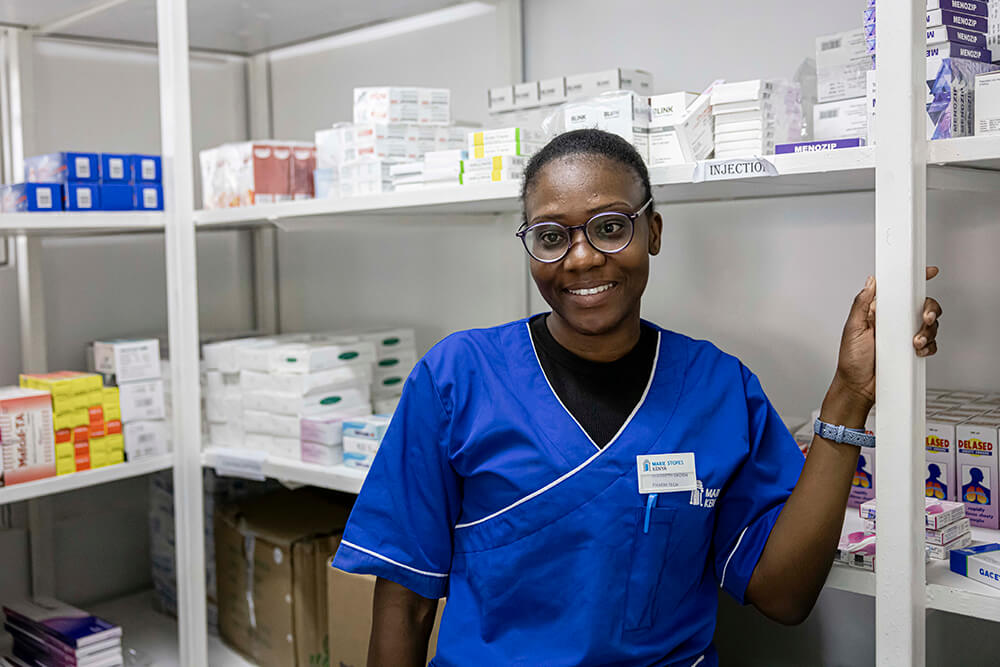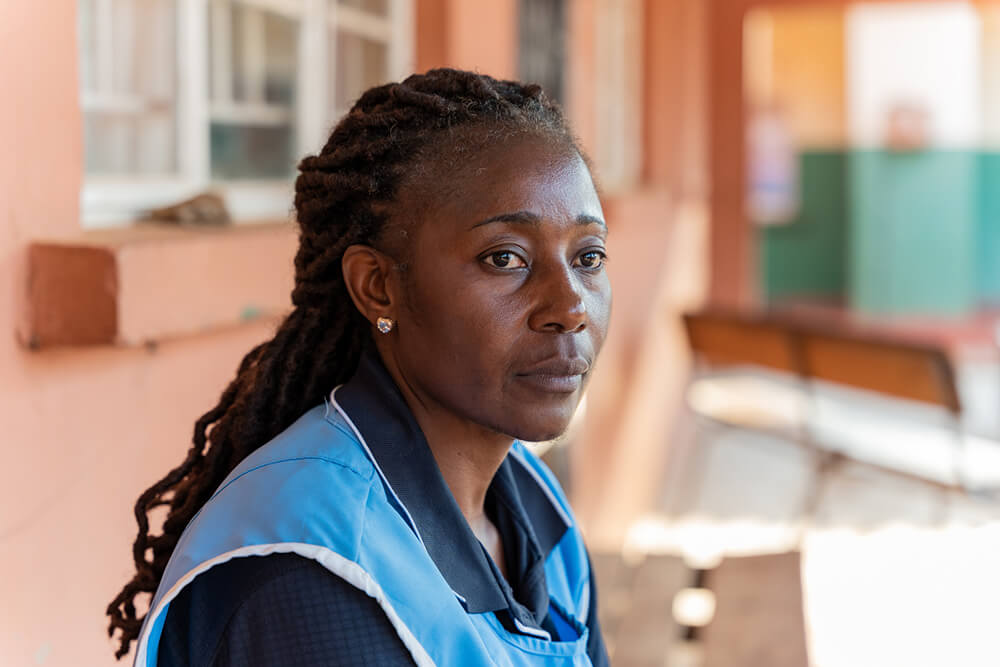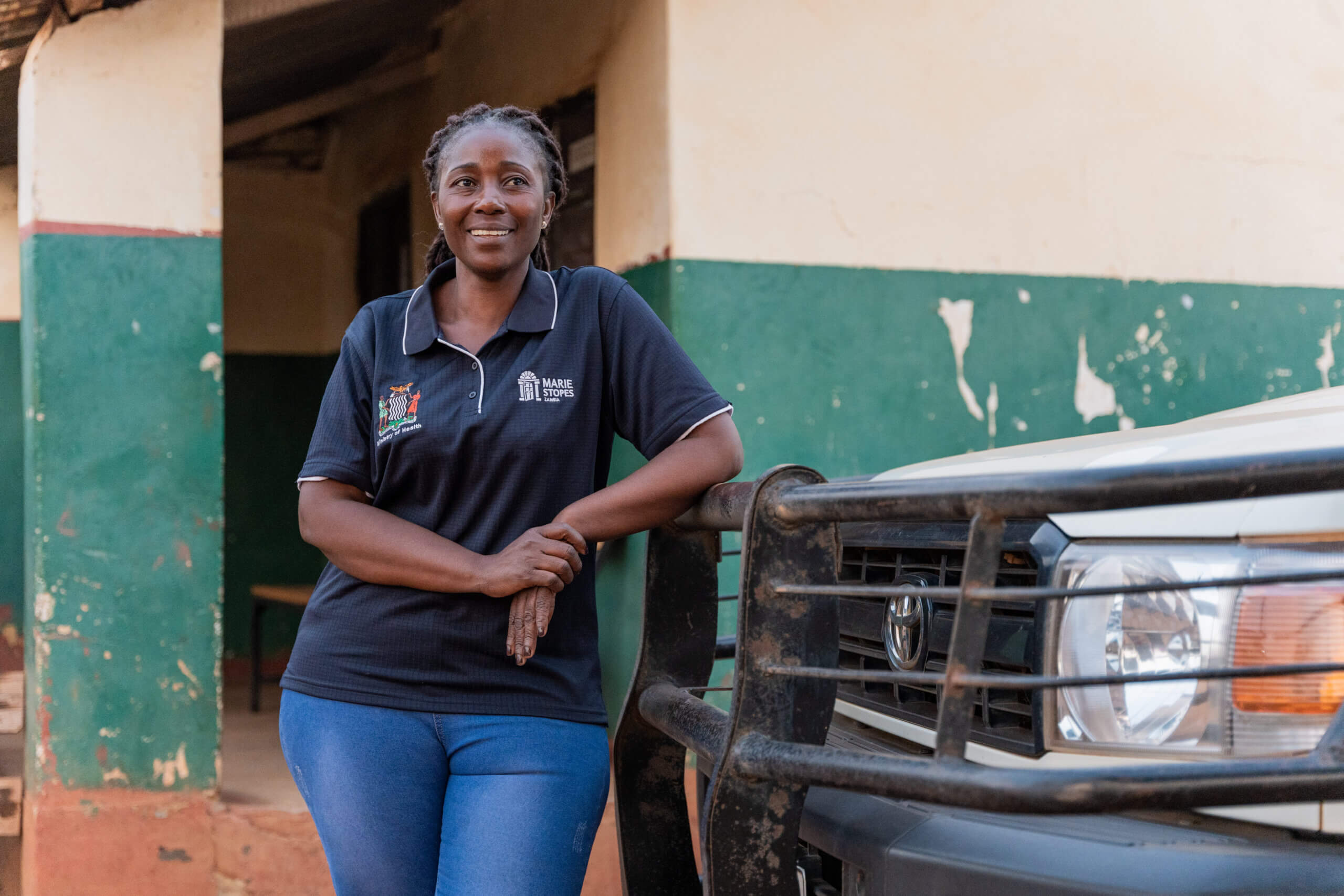Three wins for choice in 2024
2024 has seen both wins and losses for reproductive rights globally. But while election results in the United States and elsewhere have caused grave concern for women’s health, there have also been reasons to celebrate.
MSI’s advocacy teams around the world have been working tirelessly to secure policy changes that help women access the healthcare they need—and they’re getting results. In fact, we’ve secured 11 policy changes, mostly removing restrictions that create barriers to delivering reproductive healthcare services.
Here, we share three major wins from 2024. These are changes secured through years of engagement with parliamentarians, Ministries of Health, and partners on the ground. As we head into 2025, these changes will enable more women to receive the healthcare they need and take control of their own futures.
Zimbabwe: Decriminalizing sexual healthcare for young people
In Zimbabwe, consensual sex between adolescents was previously illegal. This created barriers for teens who wanted to access contraception and other reproductive healthcare services—providers couldn’t dispense birth control to young people who couldn’t legally have sex. The policy contributed to a high adolescent pregnancy rate, with 24% of adolescent girls in Zimbabwe experiencing a pregnancy before they turned 20.
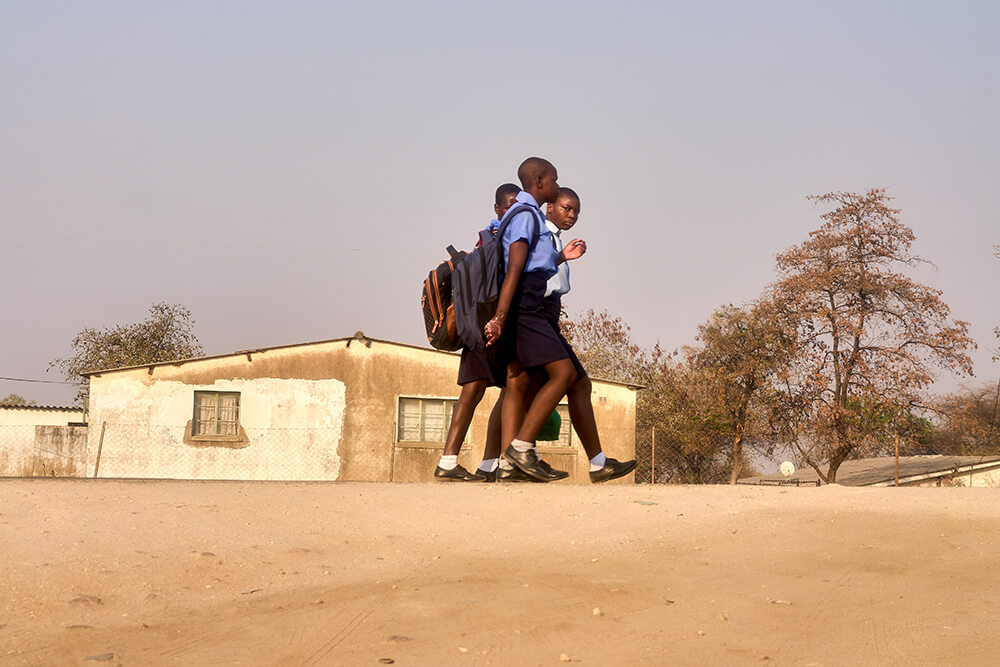
This year, that changed, with new legislation decriminalizing consensual sex between young people. That means that healthcare providers can now offer contraception and other services to young people who want to avoid pregnancy and sexually transmitted infections.
Ethiopia: Expanded abortion access
Medication abortion is safe and effective when taken at home—but until recently, Ethiopian law required that women seeking abortion care get abortion medication from a clinic. Now, new guidelines will allow people to access medication abortion at a local pharmacy and take the medication at home.
By making abortion medication available from the pharmacy—with additional support available through services like MSI’s contact center for women who have questions or concerns—women can get the care they need even when the nearest clinic is far away.
Nepal: Funding for reproductive health services
In Nepal, the national government is a major source of funding for health services, particularly in clinic settings—but for women in rural communities, for whom the nearest health center might be days away, that funding hasn’t reached far enough. Now, the Ministry of Health will begin co-funding MSI’s outreach services to rural communities, allowing us to expand this vital work and reach more women with reproductive healthcare that otherwise would be too hard to access.
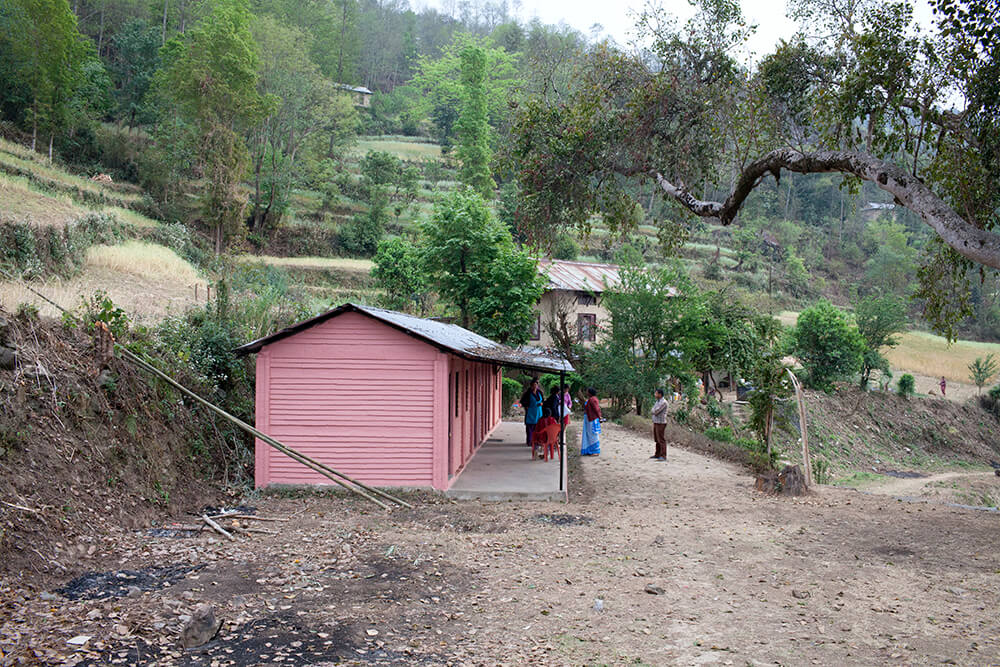
What’s next in 2025?
The year ahead will bring new challenges for our advocacy team. The Trump administration is expected to expand the Global Gag Rule, which makes organizations like MSI that provide information about, refer to, or offer abortion services ineligible for funding for any kind of services. We’ve seen before that this policy has a chilling effect, making partners and governments hesitant to even talk about issues of sexual and reproductive health.
There’s still reason to be hopeful. We know that change doesn’t happen overnight: Our advocacy teams work for years to secure policy changes that will benefit women and girls, and there are several countries, such as Niger and Madagascar, where we expect those efforts to bear fruit in the years ahead despite the threat of the Global Gag Rule.
As we head into 2025, we are encouraged by the progress we’ve made this year, and determined to face the challenges ahead with a resolute commitment to the women and girls we serve.



